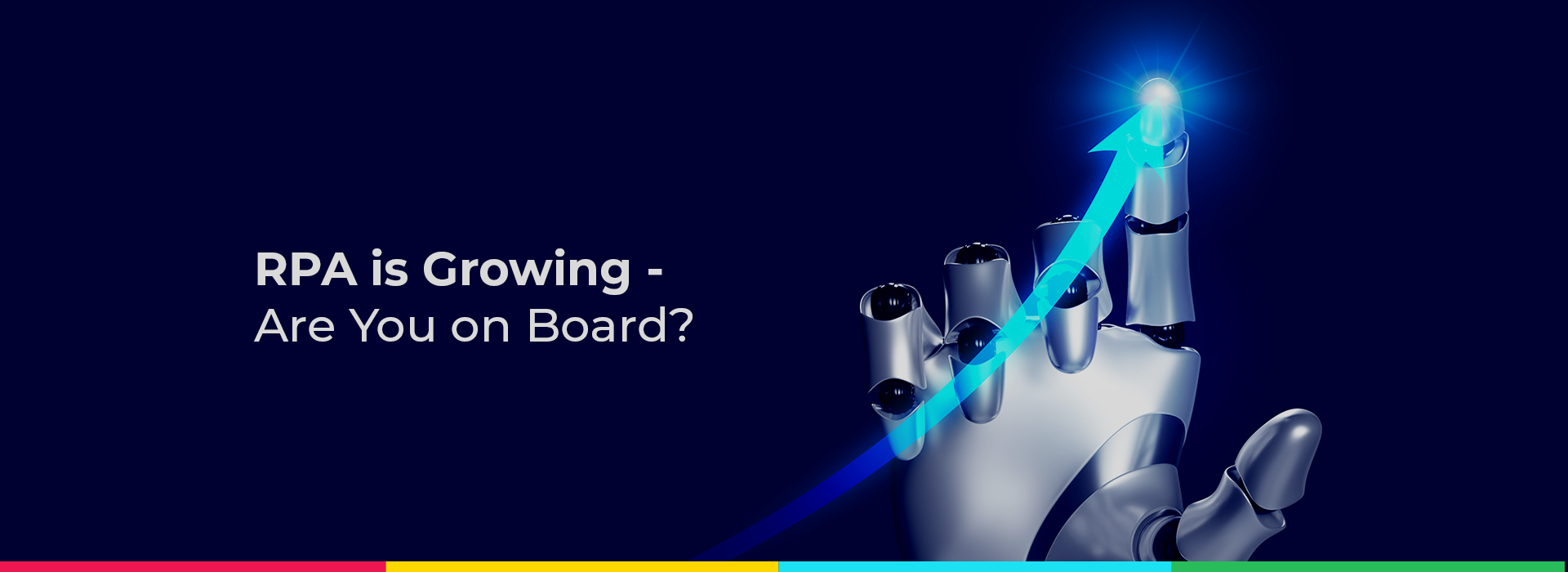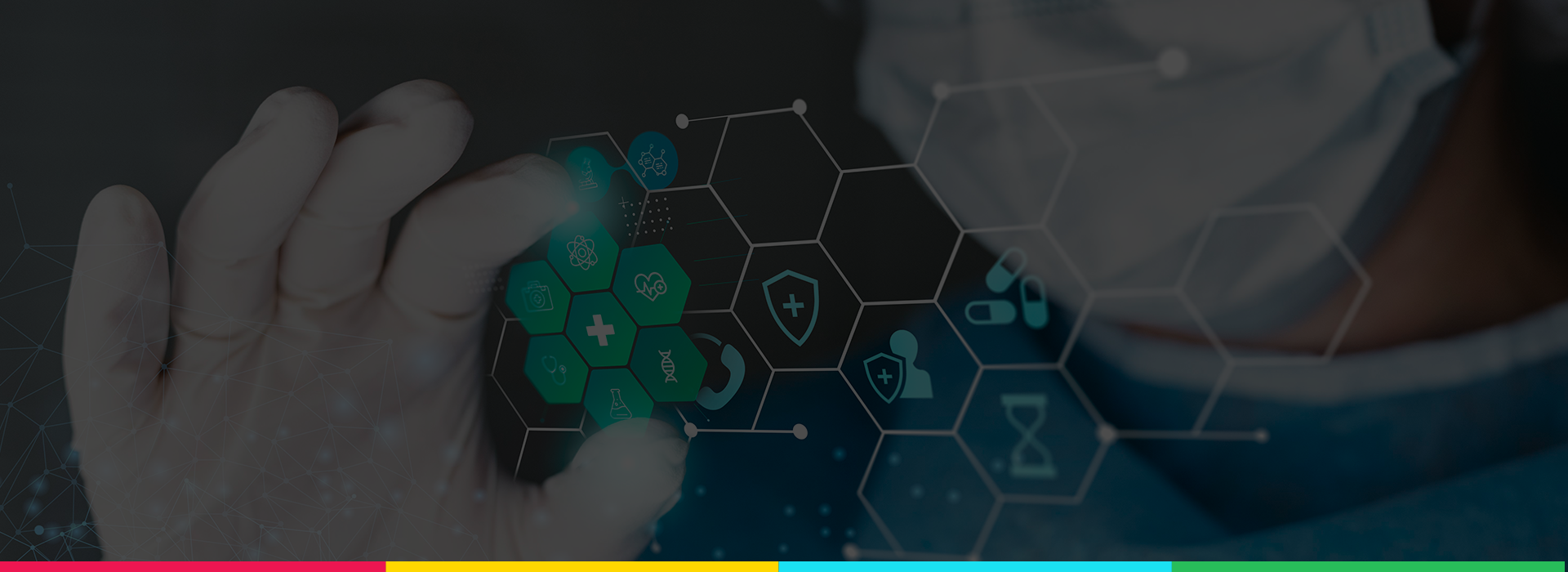
Blog
Intelligent Automation vs. Robotic Process Automation for Businesses
Intelligent Process Automation vs. Robotic Process Automation
Intelligent process automation and robotic process automation help take a load of tedious and repetitive tasks off employees, allowing them to concentrate on more creative and innovative assignments. Today, we’re going to explore the similarities and differences of IA and RPA. But first, let’s start by defining each concept.
What Is Intelligent Automation (IA)?
Intelligent Automation (IA), also known as Intelligent Process Automation (IPA), refers to a digital solution for operational business processes that is made possible through the incorporation of technologies such as robotic process automation (RPA), artificial intelligence (AI), machine learning (ML), natural language processing (NLP) and intelligent document understanding. This technique uses robotic process automation (RPA) to automate routine and repetitious customer service tasks. IA simulates human intelligence through artificial intelligence technologies, providing the tools and techniques to complete high-functioning tasks that require reasoning, judgment, decision-making, and analysis. This technological solution is significant because it gives employees like customer service agents more time to focus on having conversations and making connections with customers.
Intelligent Automation Examples
Intelligent automation gives companies the option to focus their efforts on more important business operations. IA ultimately saves time, and as we all know, time is money. Let’s explore some examples of different industries putting IA to good use.
Healthcare
Intelligent automation software can search through vast amounts of structured data and suggest a treatment or diagnosis based on factors such as medical history or symptoms. What would take hours of research for a doctor, takes only moments for a computer. This allows doctors and other healthcare professionals to spend more time with patients, instead of painstakingly sifting through databases of medical research.
Intelligent Virtual Assistant Market
In lieu of chatbot solutions, businesses are increasingly opting for intelligent virtual assistants (IVAs). While traditional chatbots use scripts to mimic human conversations and interactions, IVAs use IA to initiate human-like dialogues. Natural language processing allows IVAs to correctly answer questions for which they did not receive specific training or programming. They use deep learning and machine learning to understand colloquial formulations, grow their vocabulary, and provide accurate answers to customer inquiries. IVAs create a positive customer experience with informative and natural conversations.
Employee Onboarding and Offboarding
Onboarding and offboarding are processes that often require endless hours of employee labor. While paperwork, training, payment processing, and obtaining resignation letters are all relatively simple tasks, they can be tedious and time-consuming. However, with IA, these processes can be streamlined and completed in a timely manner, error-free. Employees can put their efforts elsewhere, leaving computers with the busy work.
Inventory Control
Traditional inventory control often requires lengthy and extensive manual processing. With intelligent automation, businesses no longer rely on inventory workers to complete technological tasks like creating invoices and generating work orders. Instead, automated inventory control systems use IA to manage back-office operations such as tracking inventory, shipping and fulfillment, supply chains, and more.
What Is RPA?
Robotic process automation (RPA) refers to applications, scripts, or software that automate the straightforward, repetitive, rule-based tasks that are often time-consuming when done manually. RPA not only prevents human error but also reduces labor costs.
These "robots" are programmed to complete specific tasks, accurately and independently. They can retrieve information, analyze unstructured data, process transactions, and even communicate with other digital systems.
The financial industry was one of the first to adopt RPA technology, but now companies of all industries use RPA, including manufacturing, retail, healthcare, supply chain management, and HR services.
RPA Examples
There are several RPA use cases across different industries that can leverage automation to free up some workers bandwidth for creative tasks. The following examples of RPA are some of the most common ways that robotic process automation is deployed.
Payroll Processing
Payroll processing requires multiple steps of manual labor year-round. Luckily, RPA systems can be used to automate processes such as generating pay slips, calculating expenses and deductions, organizing, and storing important data, and creating annual reports. Automation in payroll processing eliminates the burden of deciphering complex tax legislation, as well as reduces costs, and increases productivity and accuracy.
Web Analytics
All industries rely on the ability to analyze enormous amounts of behavioral data online in order to better understand their audience. Automated web analytics software can accurately predict consumer behavior, allowing companies to market products and services based on this new information. Not only does this lead to more sales, but also better customer experience.
Credit Card Applications
Most credit card applications in financial institutions are done with RPA technology. The software is programmed to gather information, analyze documents, run credit, and background checks, ultimately deciding whether or not an applicant should be issued a credit card.
Patient Registration
Hospitals see a huge number of patients every day, and manually keeping track of all the details can be time-consuming and tedious. However, patient registration can be streamlined with automation software. IA robots are equipped to guide patients through the registration process, providing them with all the information they need. Automation inpatient registration means less room for human error, improved quality, as well as labor savings.
Main Difference in Intelligent Automation vs. RPA
Intelligent automation (IA) is often mistaken for robotic process automation (RPA), and while these two are related, they are not the same. IA platforms can have RPA capabilities, but RPA does not need IA capabilities to function.
RPA refers to technological tools and processes that complete time-consuming tasks on their own, and much faster than humans. These tasks are often rule-based, repetitive, and relatively simple.
Sometimes RPA can be problematic because the systems are programmed to strictly follow a set of rules. For example, if a customer inputs information incorrectly, the system will not be able to complete the task successfully.
This is where intelligent automation comes into play. When RPA is no longer sufficient, IA is integrated, allowing the system to complete complex processes using AI reasoning and decision-making techniques.
NITCO Can Implement Automation in Most Capacities
Whether RPA solutions or Intelligent Automation solutions best suit your unique business case, NITCO has the team to turn your automation dreams into reality. Don’t simply trust us on this – check out our automation case studies to see how our solutions are what you’ve been looking for.
Contact us today to schedule a free consultation with NITCO about deploying RPA or IA in your business processes!




 US Headquarters
US Headquarters India office, Hyderabad
India office, Hyderabad